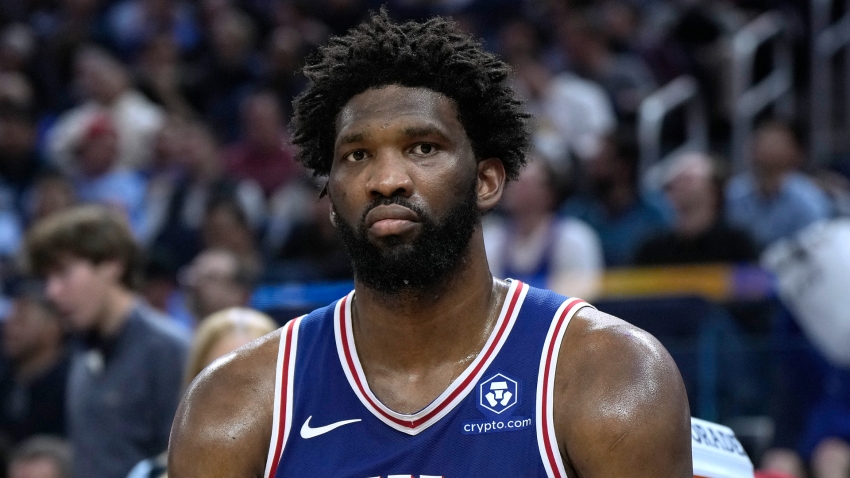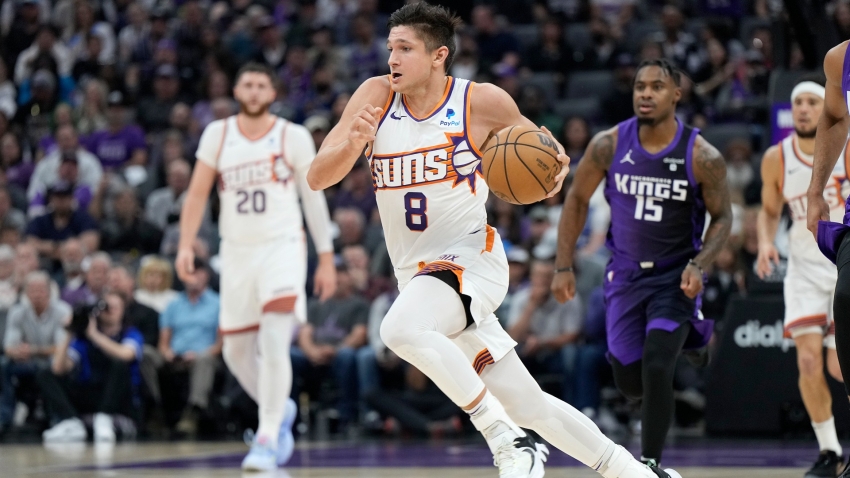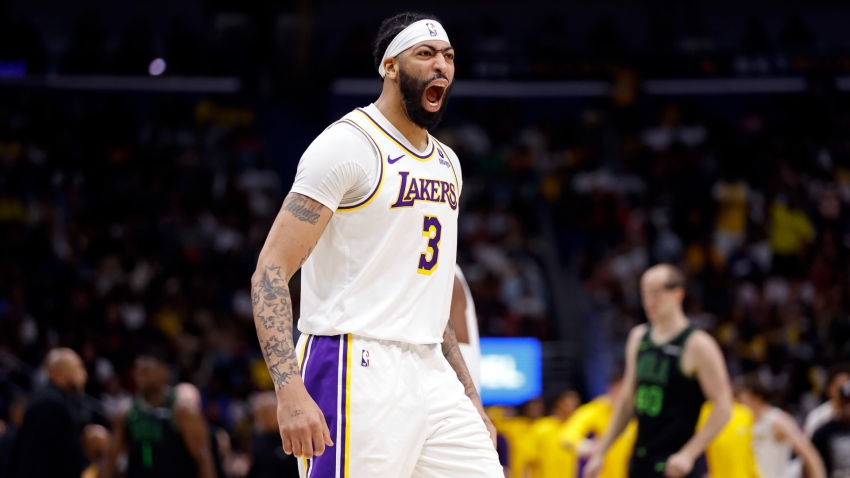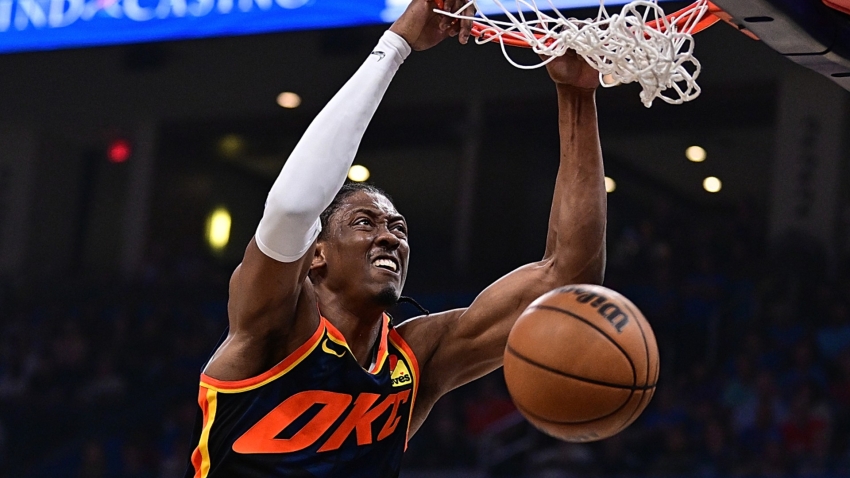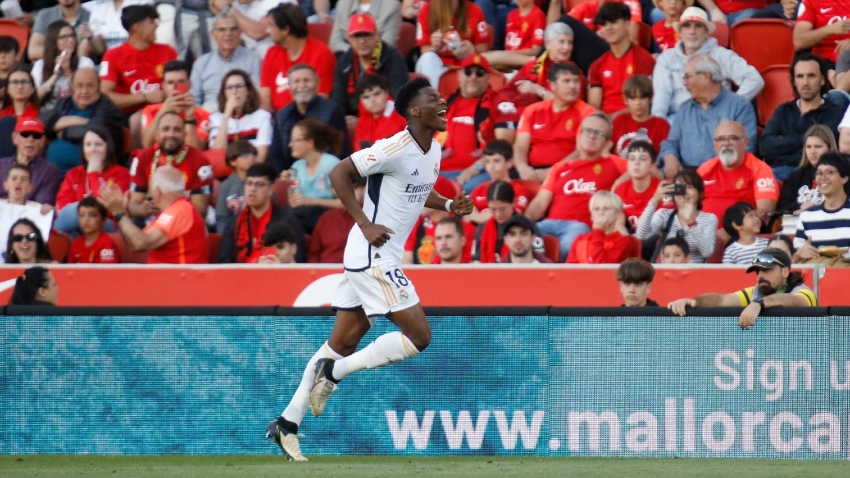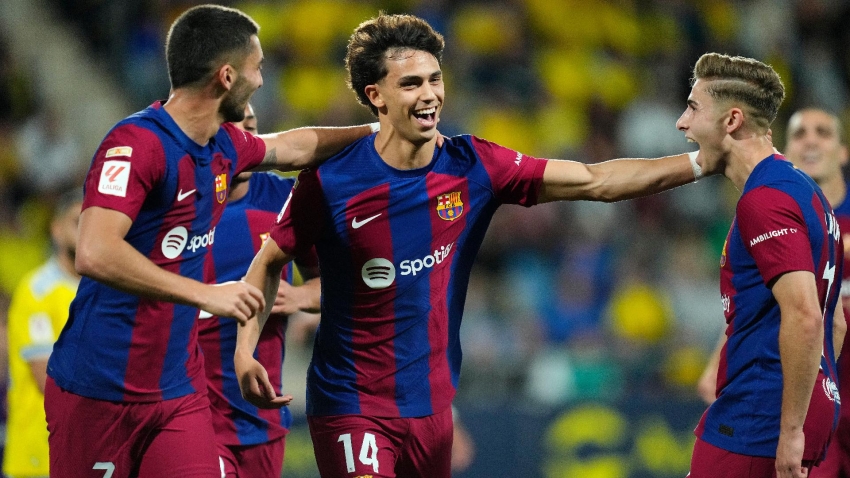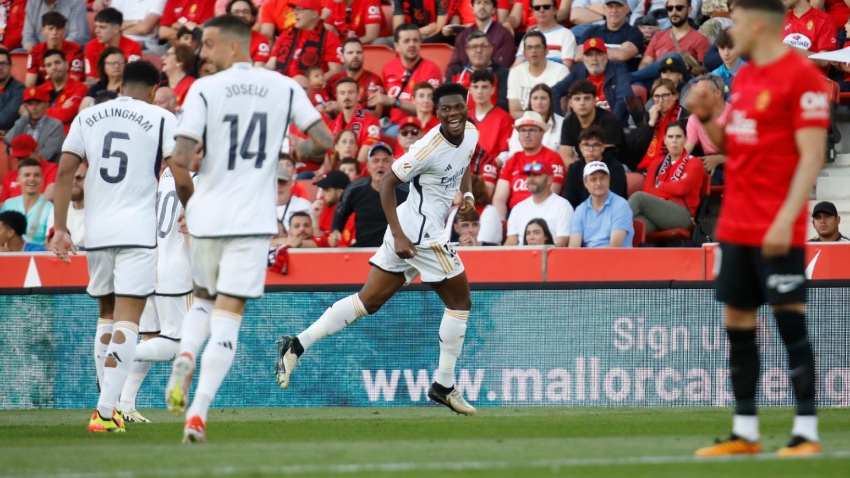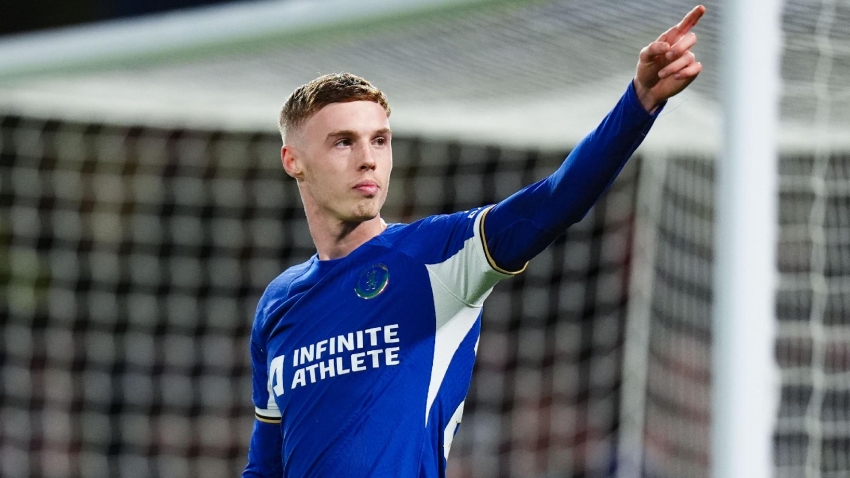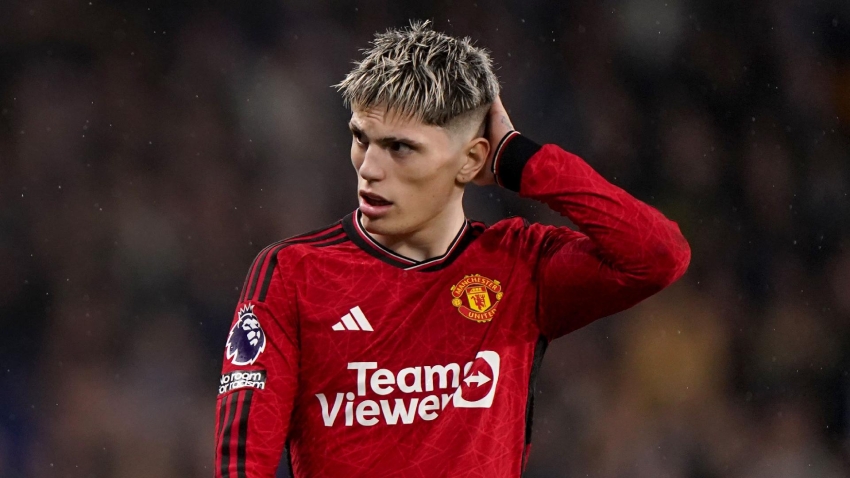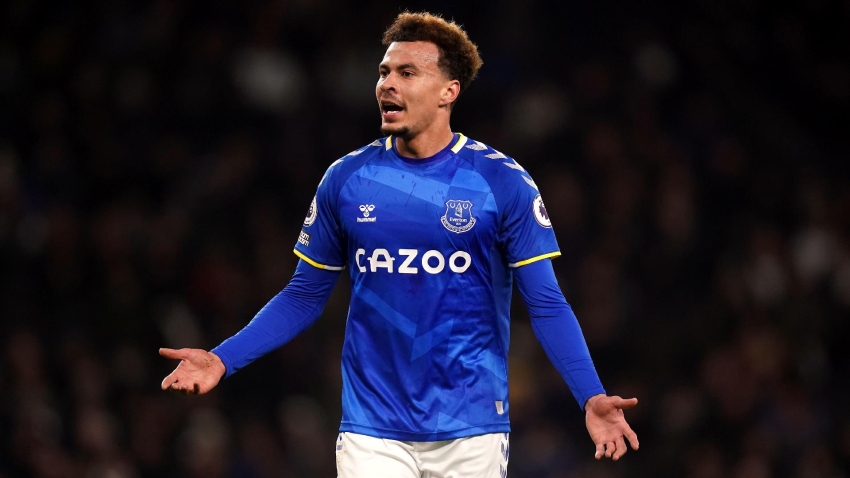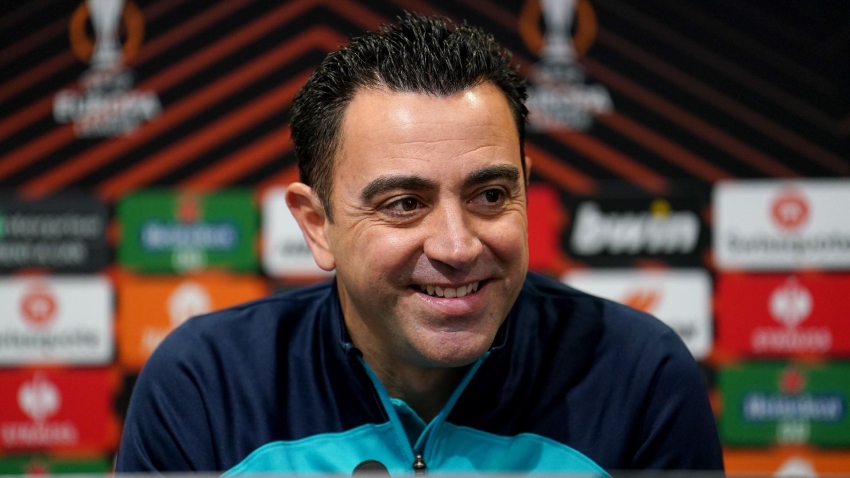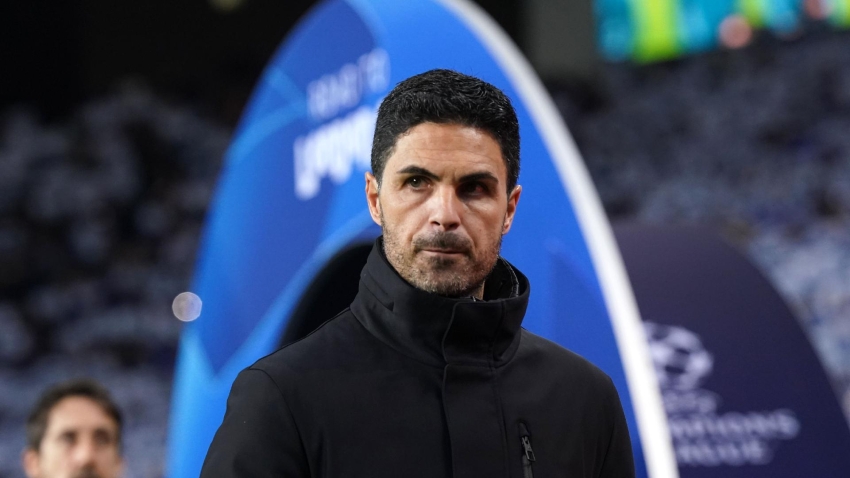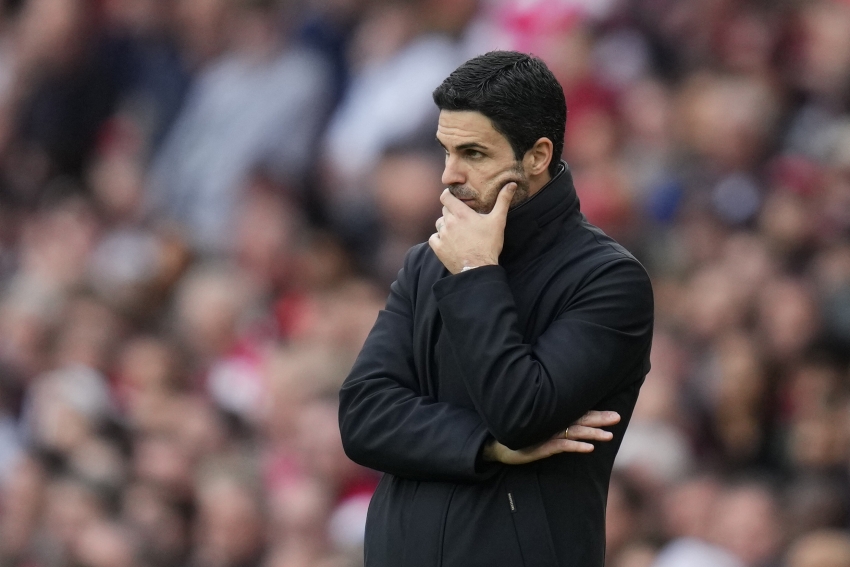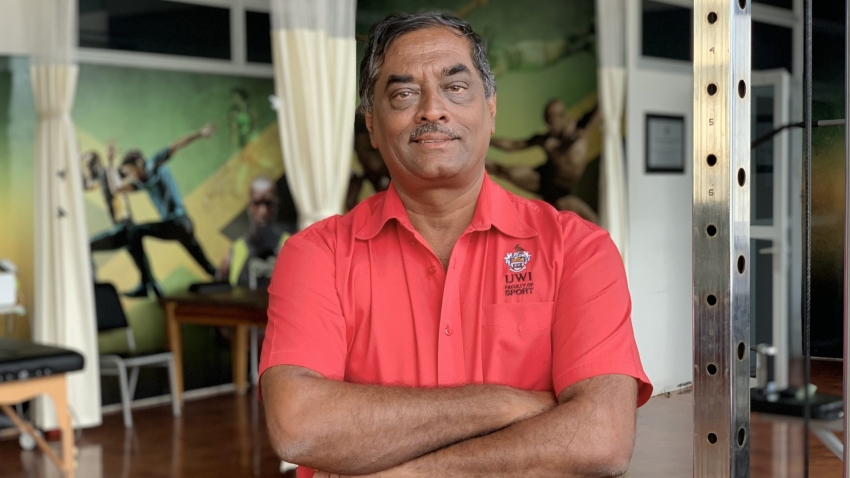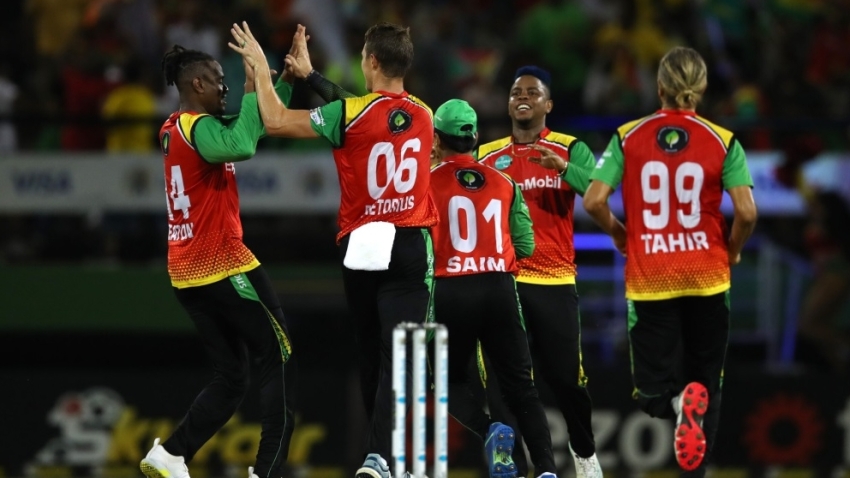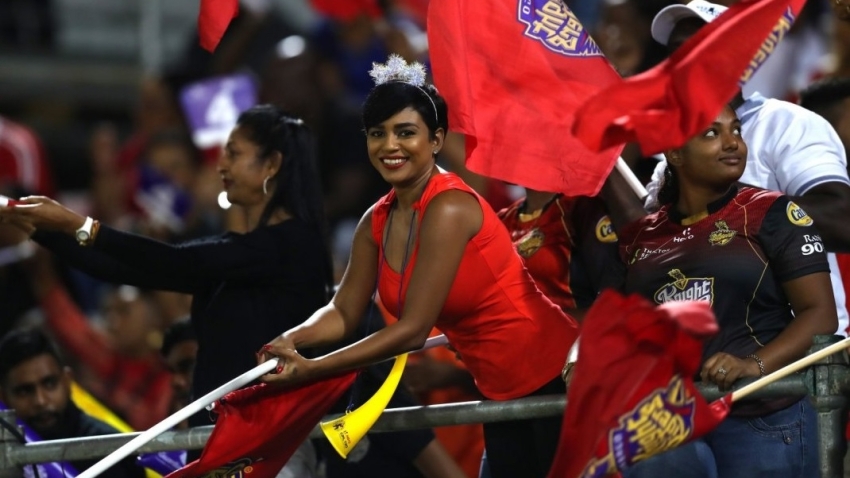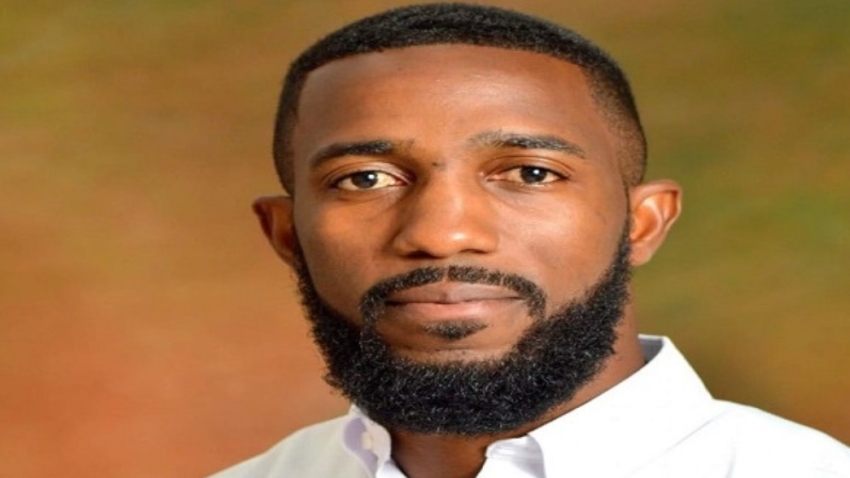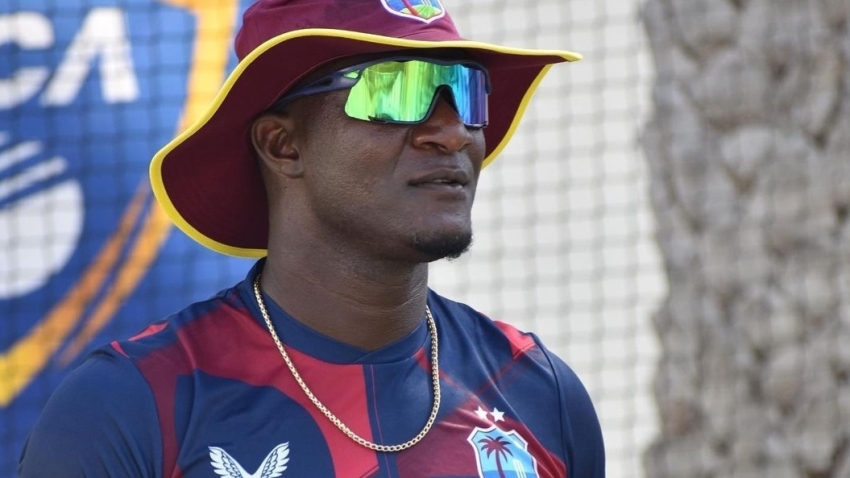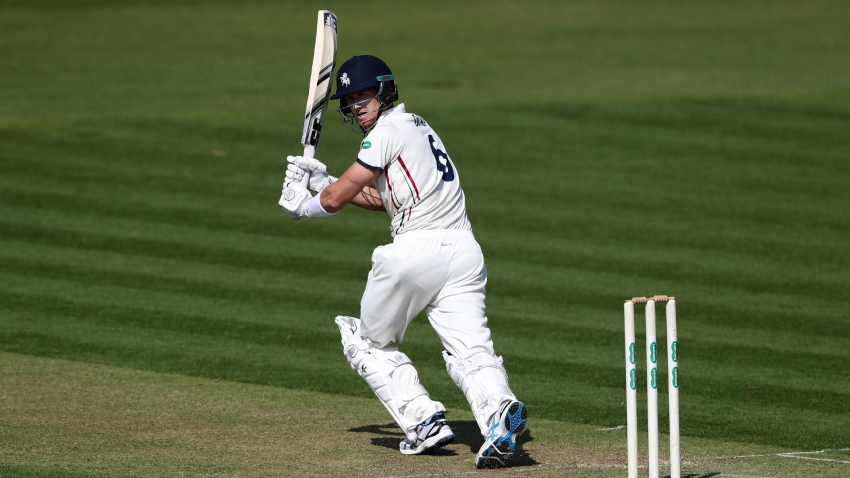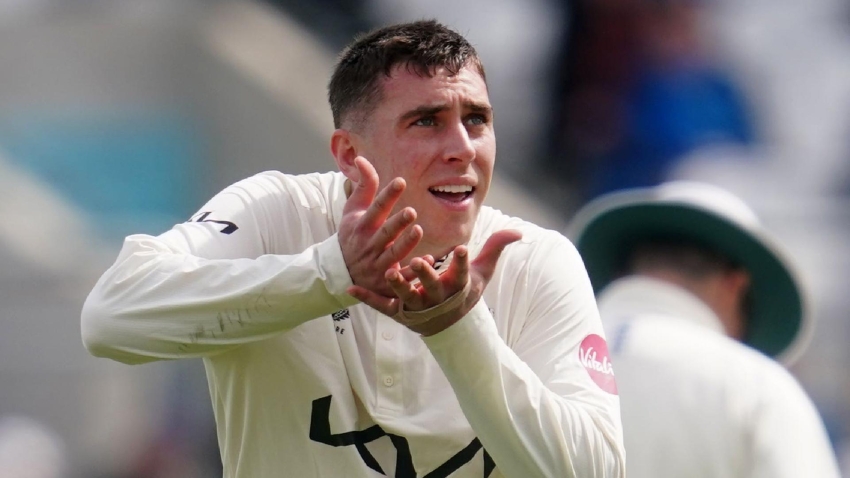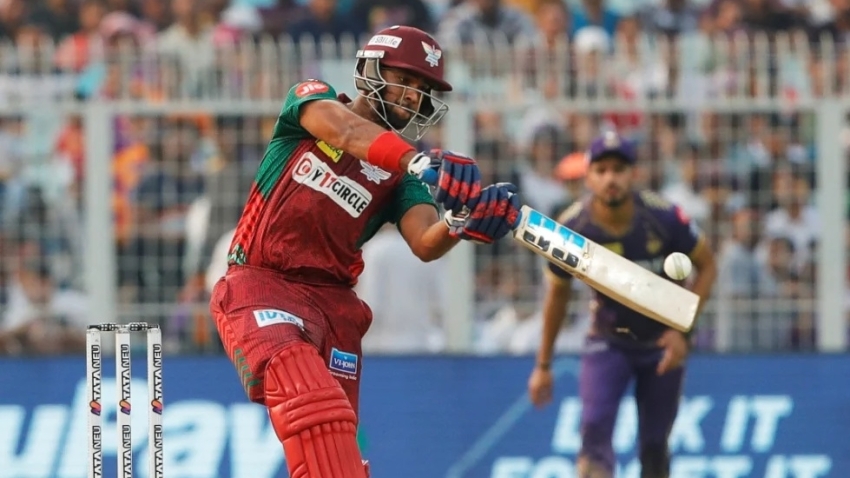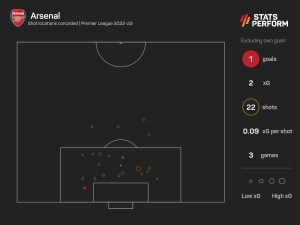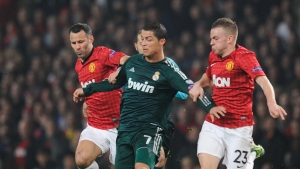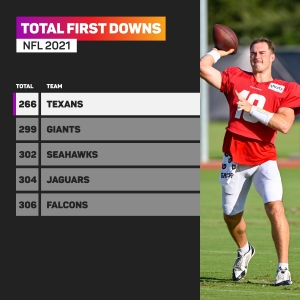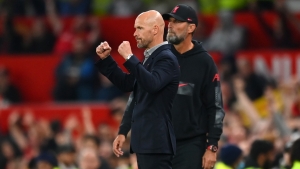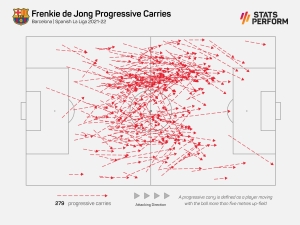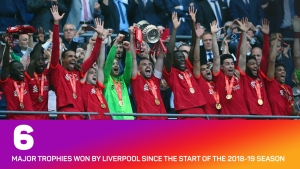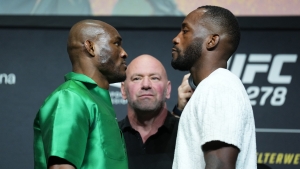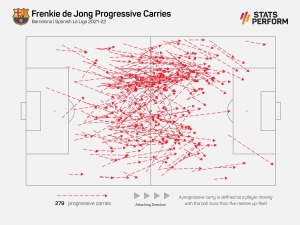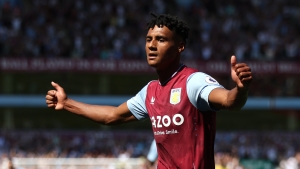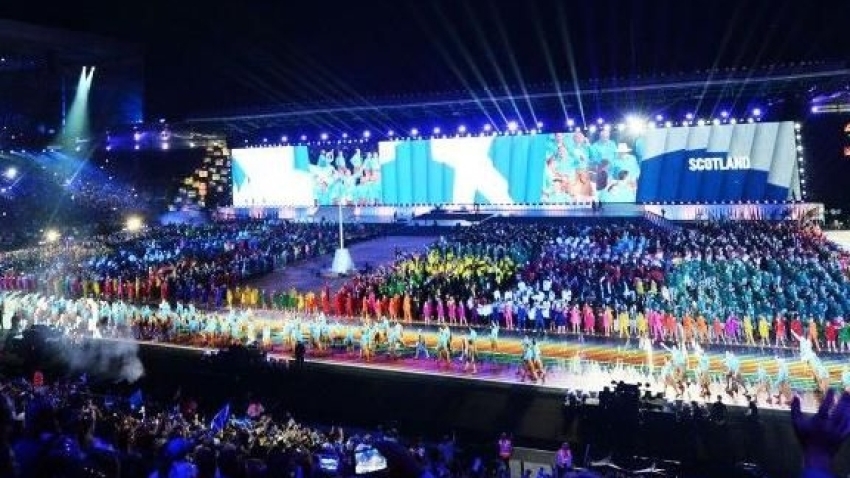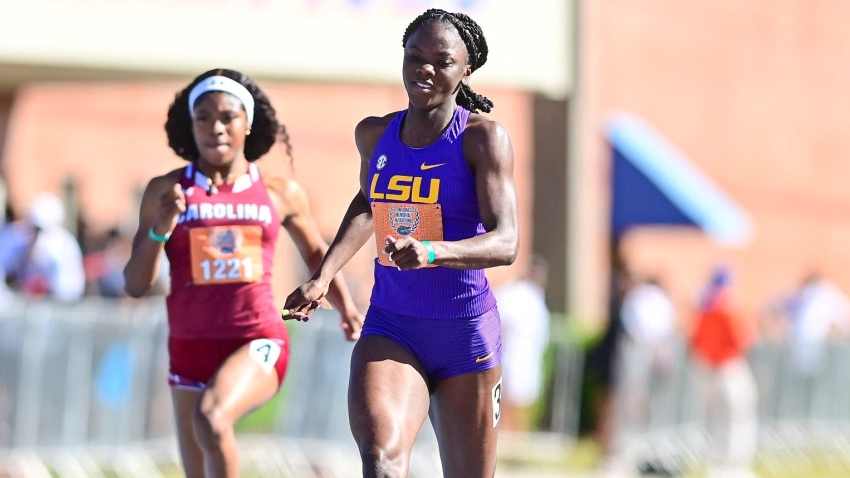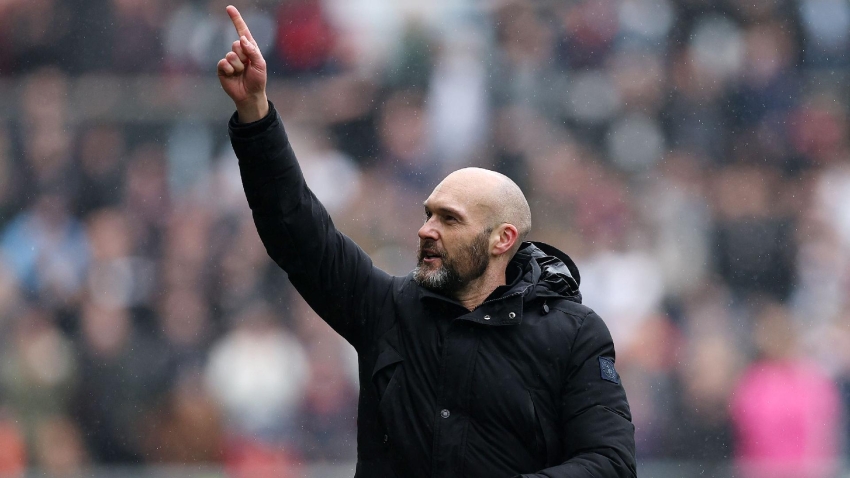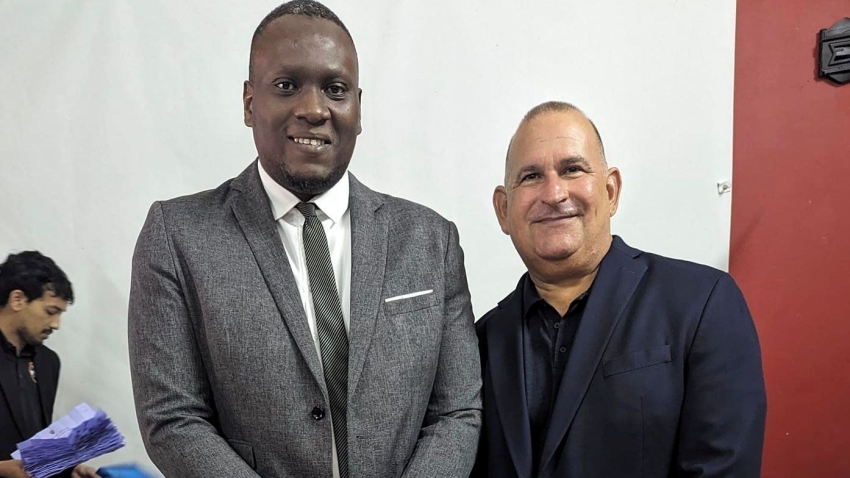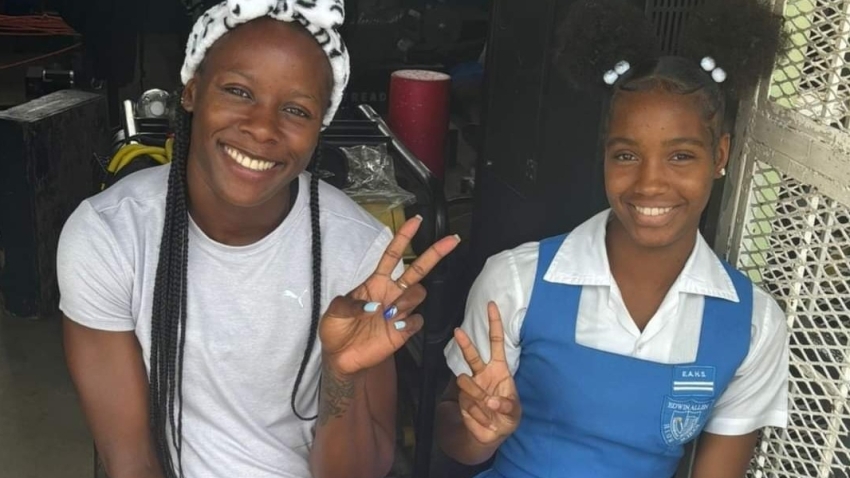English football had a very different landscape in October 2010 when Fenway Sports Group won a court case to buy Liverpool.
The Reds had not won a league title in over 20 years, had lifted just two trophies in the previous nine, and had finished seventh in the Premier League the previous season.
Meanwhile, Manchester United would go on to win their 12th Premier League title at the end of the 2010-11 season, their 19th league win at the time, taking them one ahead of Liverpool overall.
The Merseyside club had allowed itself to drift and needed to learn lessons from their fiercest rivals.
When Tom Hicks and George Gillett bought Liverpool from David Moores in 2007, they brought with them promise of investment that should have enabled the club to finally catch up with United.
The Red Devils had timed their period of dominance perfectly, with the birth of the Premier League seeing an explosion in money and interest in the English game, and the combination of ambition, stability under Alex Ferguson and numerous smart decisions on and off the pitch cemented United as leaders domestically, while Liverpool struggled to keep up.
However, despite promises of a new stadium and backing of then manager Rafael Benitez, with Gillett famously saying: "If Rafa said he wanted to buy Snoogy Doogy, we would back him", initial investment dropped off quickly, before it became apparent that the American duo were more interested in taking money out of the club than putting it in.
A dramatic few days at the High Court in London essentially kept Liverpool from going under as Hicks and Gillett were forced to sell up, and a bright new dawn appeared to have arrived with the purchase by FSG (then known as New England Sports Ventures).
Having successfully turned around the fortunes of the Boston Red Sox in Major League Baseball, Liverpool's new owners set about trying to put in place the building blocks to do the same in English football.
Struggling manager Roy Hodgson was swiftly dismissed and replaced by club legend Kenny Dalglish, while Damien Comolli was appointed as director of football strategy, tasked with using the fabled 'moneyball' approach made famous in baseball, to the extent it was later made into a Hollywood film starring Brad Pitt.
It was indicative of the hit-and-miss nature of the approach in its early stages that the first two major investments were Luis Suarez and Andy Carroll, with one an undoubted success and the other a spectacular failure.
The strategy was adjusted after their first pre-season transfer window when significant money was spent on players who, on paper, were undervalued, but proved to still be overpriced in Stewart Downing and Charlie Adam, while a young Jordan Henderson had too much expected of him too soon.
Initial promise under Dalglish disappeared in the new owners' first full season in charge, with an eighth-place finish in the league, though reaching both domestic cup finals was not to be sniffed at, winning the EFL Cup against Cardiff City.
Dalglish always felt like a short-term stop gap to appease the fans and give FSG time to get to know the sport better, and their appointment of Brendan Rodgers in 2013 felt like the first that truly had their stamp on it.
Rodgers implemented a new style of play, and in his second season, very nearly won that elusive Premier League title, but fell agonisingly short.
Losing Suarez to Barcelona at the end of that campaign did not help matters, but worse still, the club's inability to replace him even slightly adequately – buying Rickie Lambert and Mario Balotelli – set them back further still.
When Liverpool lost 6-1 away to Stoke City on the final day of the 2014-15 season, it felt like all the hard work up until then had been undone, and on top of all that, club legend Steven Gerrard was retiring.
FSG had set up a transfer committee of sorts, with the idea that several heads were better than one, recruiting scouts Barry Hunter and Dave Fallows from Manchester City, and appointing Michael Edwards as technical director.
Rodgers did not seem to like working under those conditions, and a bizarre compromise appeared to be made in 2015 whereby the transfer committee would get to decide on one signing, such as Roberto Firmino, while Rodgers was allowed to decide on another, such as Christian Benteke.
It became apparent early in the 2015-16 season that this would not work, and so Rodgers was replaced by Jurgen Klopp, the man FSG had wanted before the Northern Irishman only to be turned down by the then Borussia Dortmund head coach.
Since then, everyone at Liverpool has pulled in the same direction, which has led to almost every major decision made being a correct one.
It has also caused the trophy cabinet to fill up again, with a Champions League, Premier League, FA Cup, EFL Cup, UEFA Super Cup and FIFA Club World Cup all being collected since the start of the 2018-19 season.
Their hit rate in the transfer market has been the envy of all major clubs, with the likes of Sadio Mane, Mohamed Salah, Virgil van Dijk, Fabinho and Alisson all coming in to significantly strengthen the team in recent years.
There has also been efficient continuity behind the scenes, with Edwards promoted to sporting director in 2016 and overseeing so much success in transfer dealings, and his exit at the end of last season saw Julian Ward replace him, having worked under Edwards, being prepared to pick up where he left off.
Naby Keita is arguably the only major signing since Klopp’s arrival that has not been a roaring success, and even the Guinea midfielders' struggles could be put down to his unfortunate injury issues.
By comparison, Gary Neville and Jamie Carragher looked at United’s signings since 2013 on the most recent edition of Monday Night Football and came to the conclusion that only two of the 33 players listed could be considered successes (Zlatan Ibrahimovic and Bruno Fernandes).
United fans have been vocal in recent years around their opposition to the club's owners, the Glazer family, believing their own American custodians taking money out of the club has been stymying the ability to have success on the pitch.
The giants of English football that won 13 of the first 21 Premier League titles have not won any of the last nine since Ferguson's retirement in 2013, and have only lifted three trophies in that period.
There has still been significant investment on the pitch, in fact, far more than there has been at Liverpool.
Since FSG arrived in 2010, according to figures from Transfermarkt, with the addition of Casemiro from Real Madrid, United have spent over £1.47billion on players, with a net spend of around £1.08bn.
Liverpool have also spent plenty, with £1.12bn going out on players, but having made significantly more than their rivals in player sales, have a net spent in almost 12 years of just over £400m.
The key difference has been the intelligence of decisions being made rather than money being invested, which is where United need to focus to try and claw their way back towards the top again.
Their meeting on Monday actually sees both teams seeking their first wins of the season, but prospects at Liverpool still seem infinitely better whatever the outcome at Old Trafford.
It is surely now time for United to start learning lessons from Liverpool.


